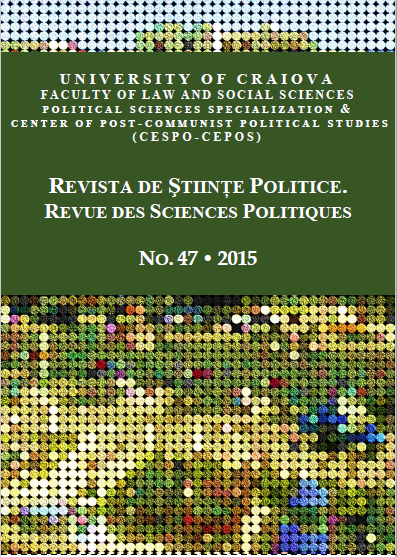Statelessness: Challenging the “Europeanness” in the Baltics
Statelessness: Challenging the “Europeanness” in the Baltics
Author(s): Anna GromilovaSubject(s): Political history, Evaluation research, Inter-Ethnic Relations, Ethnic Minorities Studies
Published by: Editura Universitaria Craiova
Keywords: statelessness; citizenship policies; Europeanization; Estonia; Latvia; ethnic minorities;
Summary/Abstract: After the successful “return” back to Europe – the regaining of independence on Russia in the beginning of the 90s – Latvia and Estonia were both facing the dilemma of what to do with a large number of Russian (by ethnicity) people who decided to stay in these countries after the breakaway. According to some estimates, Russian minority formed about 29% of the total number of population in Estonia and about 33% of the population in Latvia. The Citizenship and Language Laws adopted in these countries in the middle of the 90s did not improve the legal status of non-citizens and Russia has been continuously demanding to stop discrimination against its minorities living in the Baltic States. At the same time, the Council of Europe had went a long way introducing the far-reaching human rights instruments and has been lately actively calling to protect stateless people claiming that “no one should be stateless in today’s Europe”. The on-going integration in the EU shows us that the domestic policies are becoming more and more shaped by decisions made at the level of main European institutions. Nevertheless, the question of whether this is happening to a sufficient extent in Estonia and Latvia remains open.
Journal: Revista de Științe Politice. Revue des Sciences Politiques
- Issue Year: 2015
- Issue No: 47
- Page Range: 268-282
- Page Count: 15
- Language: English

